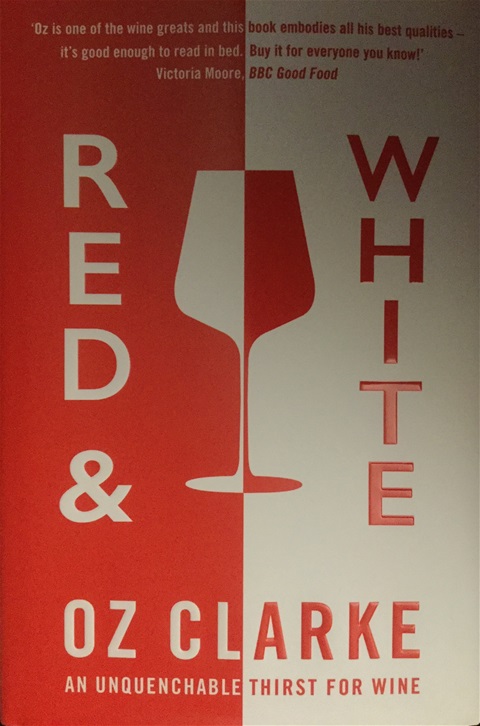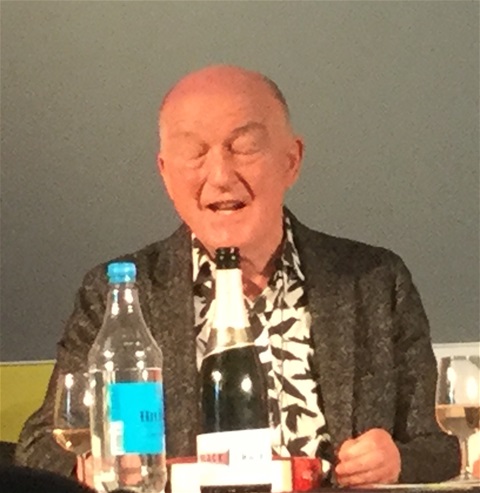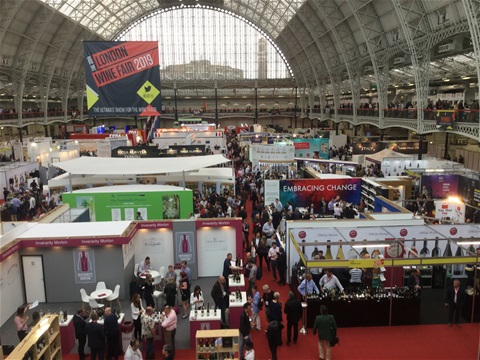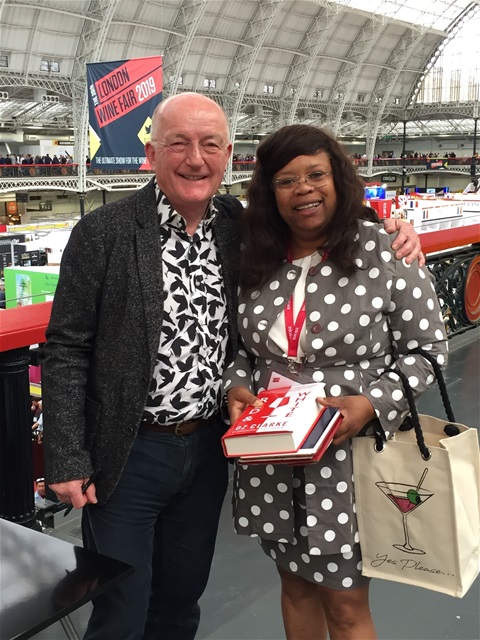Oz Clarke regales London Wine Fair 2019 with tales of his travels around the world in search of great wines
Wine expert and TV presenter Oz Clarke delivered a fascinating talk at machine-gun pace, running the gamut of his career in wine and broadcasting, with stories of wine-fuelled tours down under in his RSC days, discovering South Africa while becoming a member of the ANC in the apartheid era; the impact of Climate Change on Bordeaux, Burgundy and Champagne (and why the Champenois are nervous about English Sparkling Wine), how the Welsh are now planting Cabernet Franc and Pinotage and how much English Wine has improved. How the major Champagne houses’ product has become samey, while grower Champagnes are becoming far more interesting; the changes that have taken place in Burgundy... where next for Pinot Noir. Never did an hour pass more quickly (and never have I wishEd so much that I’d studied shorthand - than goodness for my trusty iPad).
New world/old world is just a state of mind...
Oz gave an Eastern Europe update; Romania, Georgia are in the ascendancy with so much to discover.
He then discusse new and revived grape varieties - Carignan, Garnacha - the CabSauv and Shiraz of the badlands of Spain. The Douro... Portugal in future could become another of the great red wine nations simply because their grapes are already adapted to to hot weather!
I learned that Barolo was first created in 1843. Nebbiolo ripens so late and autumns were so cold, that the grapes were picked unripe and then ruined by poor winery conditions. It has taken over 150 years to get to its current eminence.
Even in Bordeau the top Vineyards in St Emilion and Pomerol are planting different grapes and altering growing methods; moving away from maximising yield using VSP (which Oz describes as a sugar machine) to bush planting because inefficient growing is needed to lessen ripening and reduce the sugar from 15%+ ABV, which is so high that it is hard to begin fermentation.
And in the UK, Chardonnay is being grown on the limestone soils of Yorkshire; currently Castleford is making excellent wine. According to Denbies‘ geologist in a few years the Thames Valley will be growing raisins... warming of the Atlantic will possibly lead to eastern counties such as Essex/Suffolk becoming more viable.
What next for the world of wine?
A question from the audience about another impact of climate change... bush fires in Australia and California. Oz described how Smoke taint is becoming recognised and how reverse osmosis being used to address the damage caused by smoke.
Another question: what abo Natural Wine? Oz’s response: It’s time has come. The industry is becoming ever more aware of the Zeitgeist - of the need to reduce the use of pesticides etc. Growers really need to have a relationship with the soil and grapes. Responding to new challenges good winemakers will make fantastic wines. But there is still a need for wines that utilise the best of technological advances and innovation in the vineyard and the winery. As consumers we can (and should) demand that our wines don’t damage the planet.
Meeting my hero - again
After the talk ended I hot-footed it upstairs to the Olympia Gallery to grab a copy of Oz’s latest book - Red and White - and hung around to have it signed by the great man himself. As coincidence would have it, the venue for the signing was virtually identical to the spot where I had met Oz for the first time at a BBC Good Food show (I had met another of my heroes earlier that day, the incomparable Angela Hartnett, so meeting Oz and having him sign a copy of Grapes and Wine was the icing on the cake). Of course it would have been too much to expect him to remember me from 8 years before but he was exactly as I remembered. Oz was politely impressed by my instant blog of his talk, too.




Latest comments
Hi Carrie, am running the Cecchi Challenge on Thursday - I need your address to send the blind tasting samples to. Please can you email it to me?
Shouldn’t you always be giving the supermarkets a miss for wine?!? Also, wine under a tenner from Lebanon that’s worth drinking? Even the nasty product from Majestic does is more than 10.